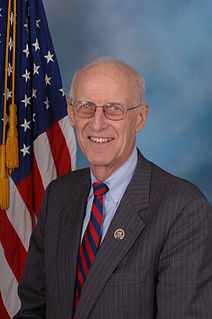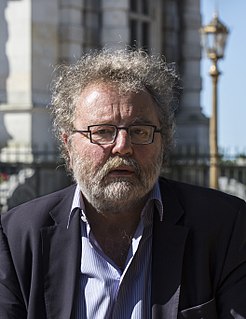A Quote by George Osborne
What I'm interested in is Britain projecting itself abroad, and through that its values and the things it holds dear. And I don't think you do that by refusing to talk to the world's second-largest economy [China]. In fact, that is positively counter-productive in my view.
Related Quotes
At the moment we are hard-wired into the European markets - 50% of our exports go to Europe - and that has not been good for the UK. So I'm not saying "make Britain entirely dependent on China". I'm saying "let's diversify a bit". When I became chancellor, China was our ninth largest trading partner. This is the world's second biggest economy. China was doing more business with Belgium than it was with Britain.
Housetops were covered with 'gazers'; all wharves that offered a view were jammed with people ... As British officers happily reminded one another, it was the largest fleet ever seen in American waters. In fact it was the largest expeditionary force of the 18th century, the largest, most powerful force ever sent forth by Britain or any other nation.
We can't afford to waste people. We can't afford to have people think the game is over before it's begun. We've got to be saying to the Canadian people: you can't tax cut your way to a productive 21st-century economy. You can talk that talk, but it's not going to give you a productive 21st-century economy, because it will scythe apart the public goods that make prosperity possible. That's what we've got to say, and so we shall.
As the world's largest economy and second-largest carbon emitter, as a country with unsurpassed ability to drive innovation and scientific breakthroughs, as the country that people around the world continue to look to in times of crisis, we've got a vital role to play. We can't stand on the sidelines. We've got a unique responsibility.
The Chinese public is deeply nationalist, which matters to China's unelected political leadership as much as U.S. nationalism does to American politicians. As China becomes the world's largest economy, there is meaningful public pressure for its power status to advance in parallel. Any alternative would be humiliating.
































